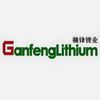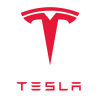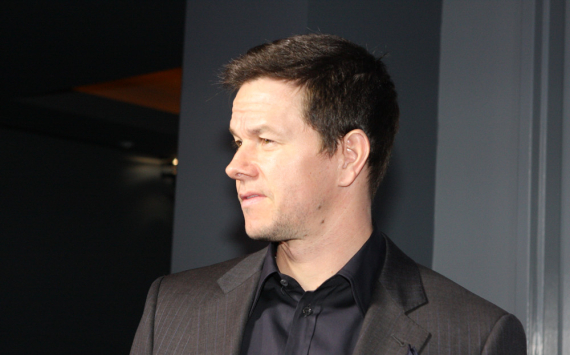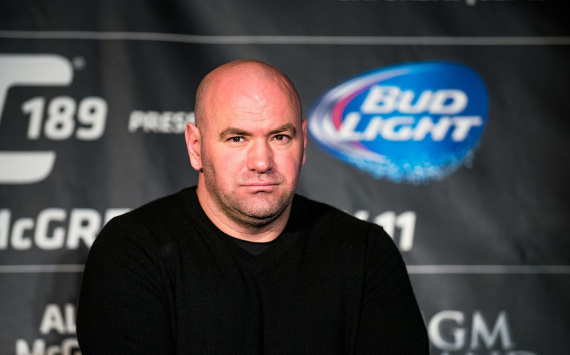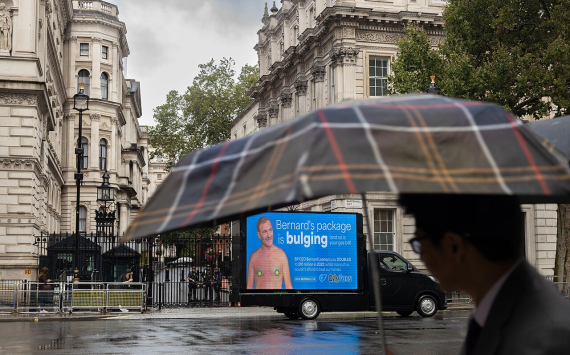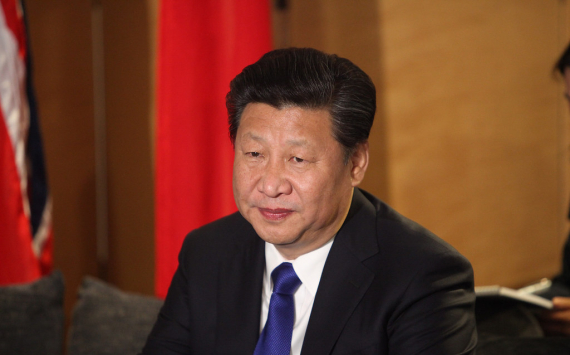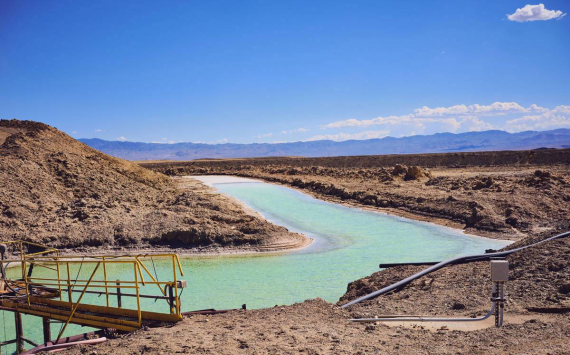
Lithium prices
The world's largest lithium suppliers, China's Ganfeng Lithium and US-based Albemarle, warn that lithium prices will continue to rise as the market becomes increasingly imbalanced between supply and demand.
The world's major lithium suppliers are currently not prepared to meet the sharply increased demand for lithium from electric vehicle manufacturers, claiming a shortage of raw materials. Lithium hydroxide is used not only in batteries for electric cars but also in batteries for mobile phones and other equipment.
Albemarle (ALB) said that lithium prices should rise so that suppliers can cover the cost of financing large-scale expansions to meet demand.
Amid a "boom" in the electric car market, prices for lithium carbonate for batteries began to overcome a three-year slump in the second half of 2020.
The recovery of the Chinese car market from the Covid-19 pandemic from the second half of 2020, stricter emissions regulations in Europe and US President Joe Biden's promises to boost the electric car industry and build half a million charging stations have all been factors in the sharp rise in lithium carbonate prices from late 2020.
Since the beginning of 2021, lithium carbonate prices have risen by 67%, with an increase of 224% over the past 12 months.
Albemarle announced this year that it plans to double lithium production in Nevada at its Silver Peak mine by 2025 and is committing $30m.
Jiangxi Ganfeng Lithium is trying to meet the huge demand, given that, in addition to domestic electric car and appliance manufacturers, its customers include leading automakers such as Tesla and BMW. Ganfeng expects to launch its large-scale Cauchari Olaroz project in Argentina in the first half of 2022, which will produce 40,000 tonnes of lithium carbonate per year. Ganseng currently produces an impressive 120,000 tonnes of lithium salt, but plans to ramp up production capacity to at least 600,000 tonnes of lithium carbonate equivalent (LCE) per year, which would mean a 400% increase in production.
China has invested at least $60bn to support the electric car industry and is pushing an ambitious plan to switch to all-electric or hybrid cars by 2035.


